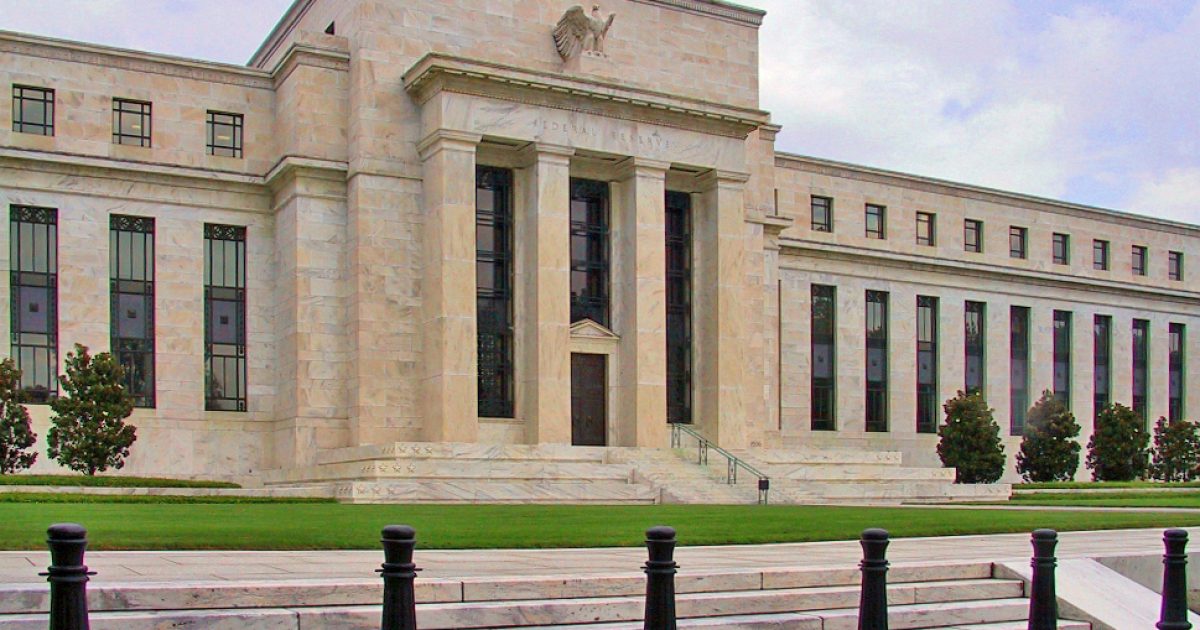
The Federal Reserve has been busy on an inflationary printing spree to paper over the markets as they plunge amidst a scare over the ongoing coronavirus pandemic.
The Fed issued stimulus for the second day in a row and for the third time this week as buyers panic due to corona-driven recession fears. They are going on an asset-buying spree to assist Wall Street’s efforts to maintain the status quo during the crisis.
“These changes are being made to address highly unusual disruptions in Treasury financing markets associated with the coronavirus outbreak,” the New York Fed announced on Thursday afternoon.
The announcement did cause stocks to rebound somewhat, as the market was en route to its worst performing day since 1987.
“We continue to emphasize that this Fed will act aggressively and in particular that central banks are focused on safeguarding market functioning at this point, and will continue to provide liquidity in scale,” said Ebrahim Rahbari, director of global economics at Citi Research.
“However, despite the sharp initial risk rally, we think these measures will still not be sufficiently to durably stabilize market sentiment yet in light of credit concerns and escalating health concerns,” Rahbari added.
The stimulus spending by the Fed is expected to go until at least April 13. Analysts are noting that the problem isn’t necessarily the coronavirus, but an economy that is built largely on debt accumulation and endless consumer spending.
“The virus was the catalyst but it’s not the cause,” said Christopher Whalen, founder of Whalen Global Advisors. “Both bonds and equities were inflated rather dramatically by our friends at the Fed. You’re seeing the end game for monetary policy here, which is at a certain point you have to stop. Otherwise you get grotesque asset bubbles like we saw, and the engine just runs out of fuel.”
Analysts are warning that the Fed does not have much else they can do to prop the markets up after finishing this round of stimulus. If their risky gambit fails, it could be the end game for a global financial system that is built on a foundation of sand.
“The Fed is all in. They’ve fired their nuclear weapon. and they did it because financial markets are seizing up,” said James Bianco, president of Bianco Research. “There is no liquidity in the markets. They are trying to unstick them.”
Nevertheless, the Fed is content on keeping the ponzi scheme going as long as possible. They announced that “the terms of operations will be adjusted as needed to foster smooth Treasury market functioning and efficient and effective policy implementation.”



